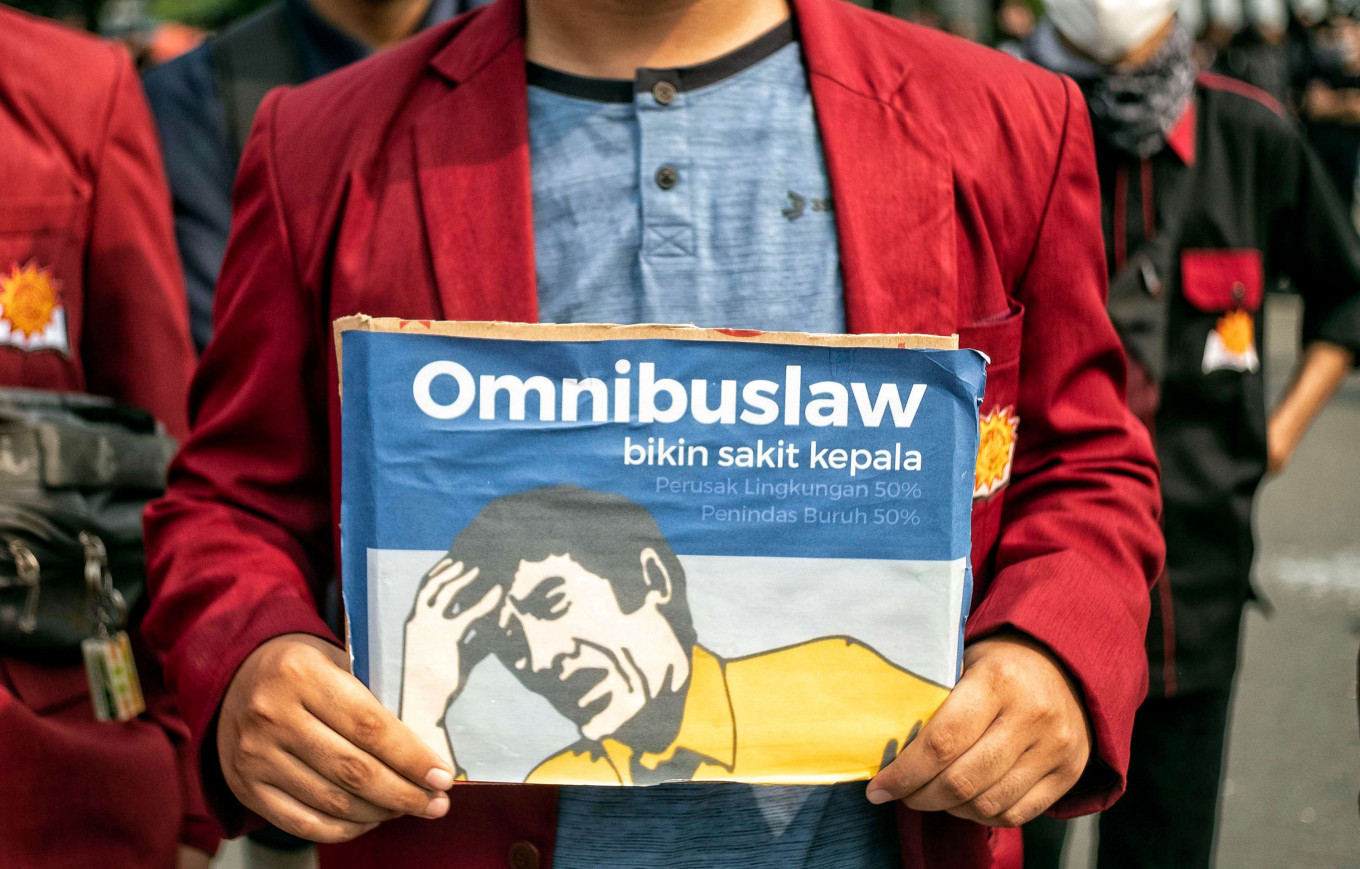Labour rights: 639.813 people, of which 64% women and 37% younger than 35 years, were reached through actions focussing on ensuring existing labour rights or developing new labour standards:
- 536.302 workers (64% women and 37% youth) were made more aware of their labour rights through campaigning and outreach.
- The partner organizations have organized 71.081 workers, of which 97% women and 30% youth.
- 33.049 people, of which 94% women and 34% youth received basic training, while 4.859 workers and union leaders (90% women and 43% youth) received advanced training.
- 14.107 workers, of which 95% women and 24% youth, benefitted from some kind of individualized support or advice from the partner organizations.
Over 150.000 people (46% women and 39% youth) were mobilized at grassroots level (ex. demonstrations, petitions…) for advocacy and to meet policy makers.
Social security: 93.904 people, of which 61% women and 33% younger than 35 years, were reached through actions focussing on giving access to better social security. 58.168 people were reached through awareness raising activities (60% women and 25% men), while 13.681 received basic training (97% women and 24% youth) and 728 people received advanced training (45% women and 16% youth). The partner organizations gave legal assistance and support to some 21.082 workers (99% women and 36% youth) and reached out to 245 policy makers.
Healthcare: overall, 9.539 people were reached during actions to improve awareness on health practices and how to use native medical practices and medicines.
Network: In 2023, all WSM partner organisations jointly organised and participated in 9 State and national level events focusing on ensuring and including health insurance (ESI) for informal workers in the Social Protection Scheme and inclusion of Domestic workers in Informal Sector. A total of 4950 workers (37% women, 18% under 35 years old) actively participated in these mobilization efforts.
The collective efforts of WSM partner organizations have paved the way for getting attention by the authorities for the inclusion of social protection and the health insurance ESI for informal workers and recognise domestic workers contribution for economic development of the country and include them under informal sector. By advocating for health insurance coverage and the inclusion of domestic workers, they have voiced critical issues to the State Government.
















